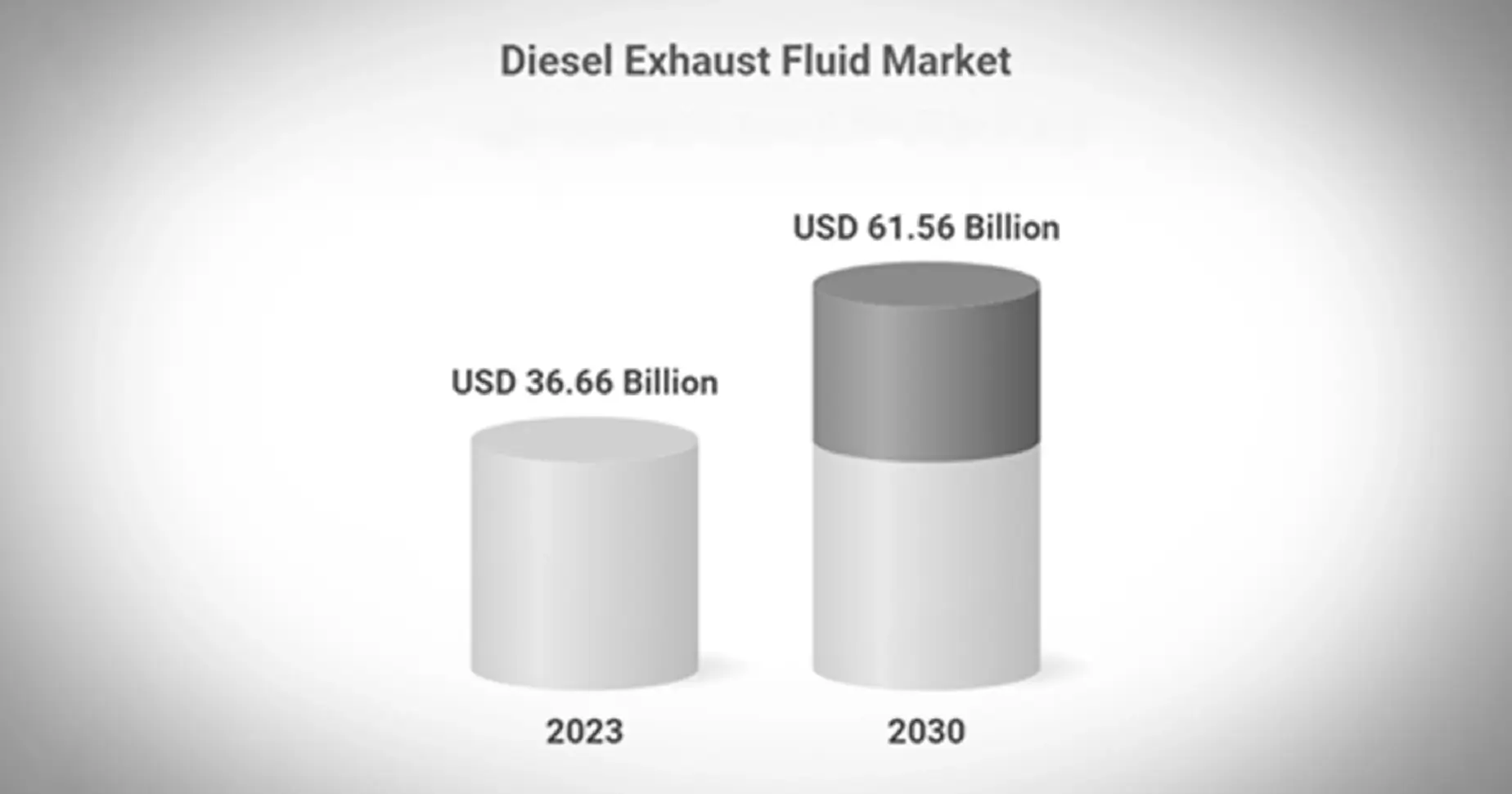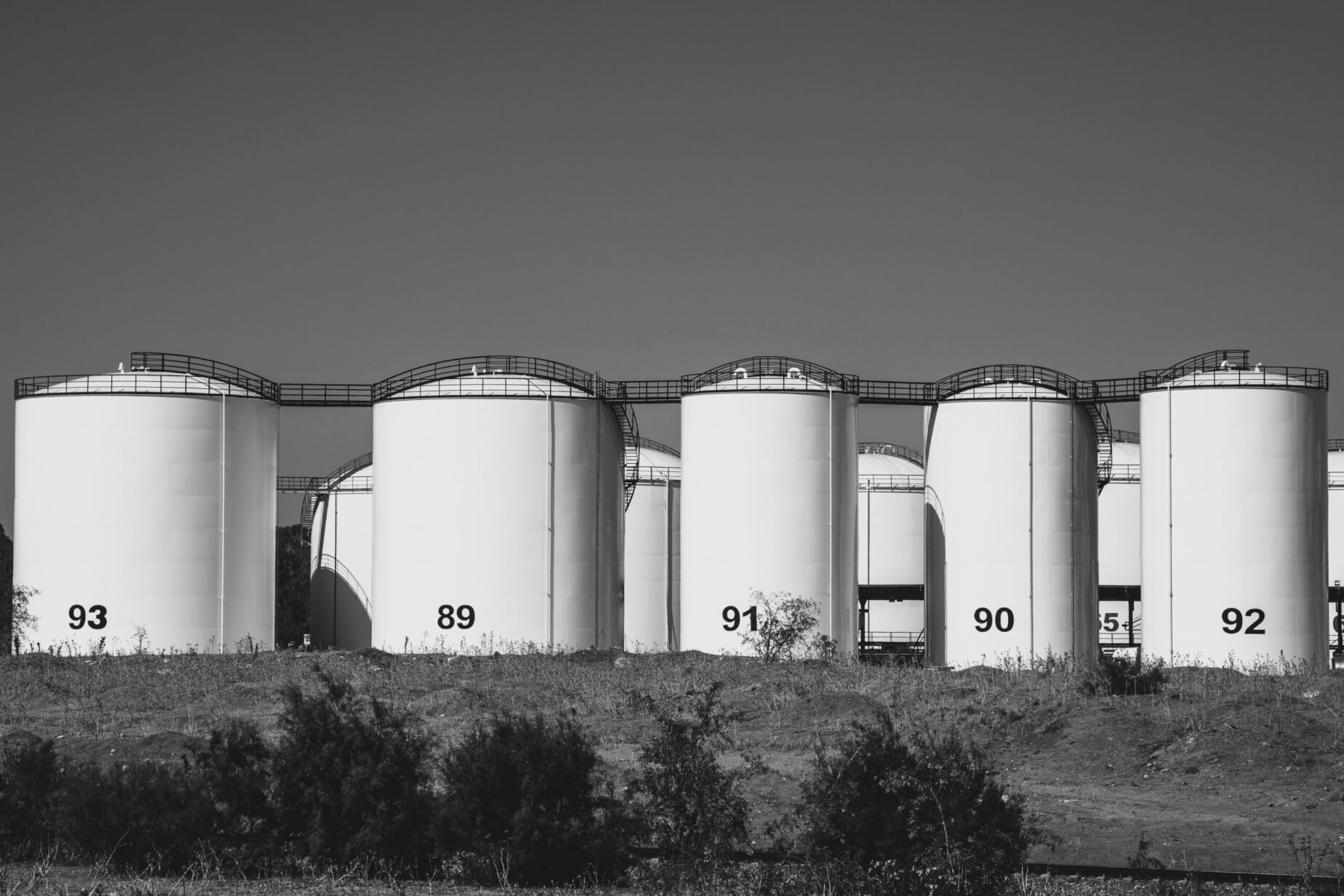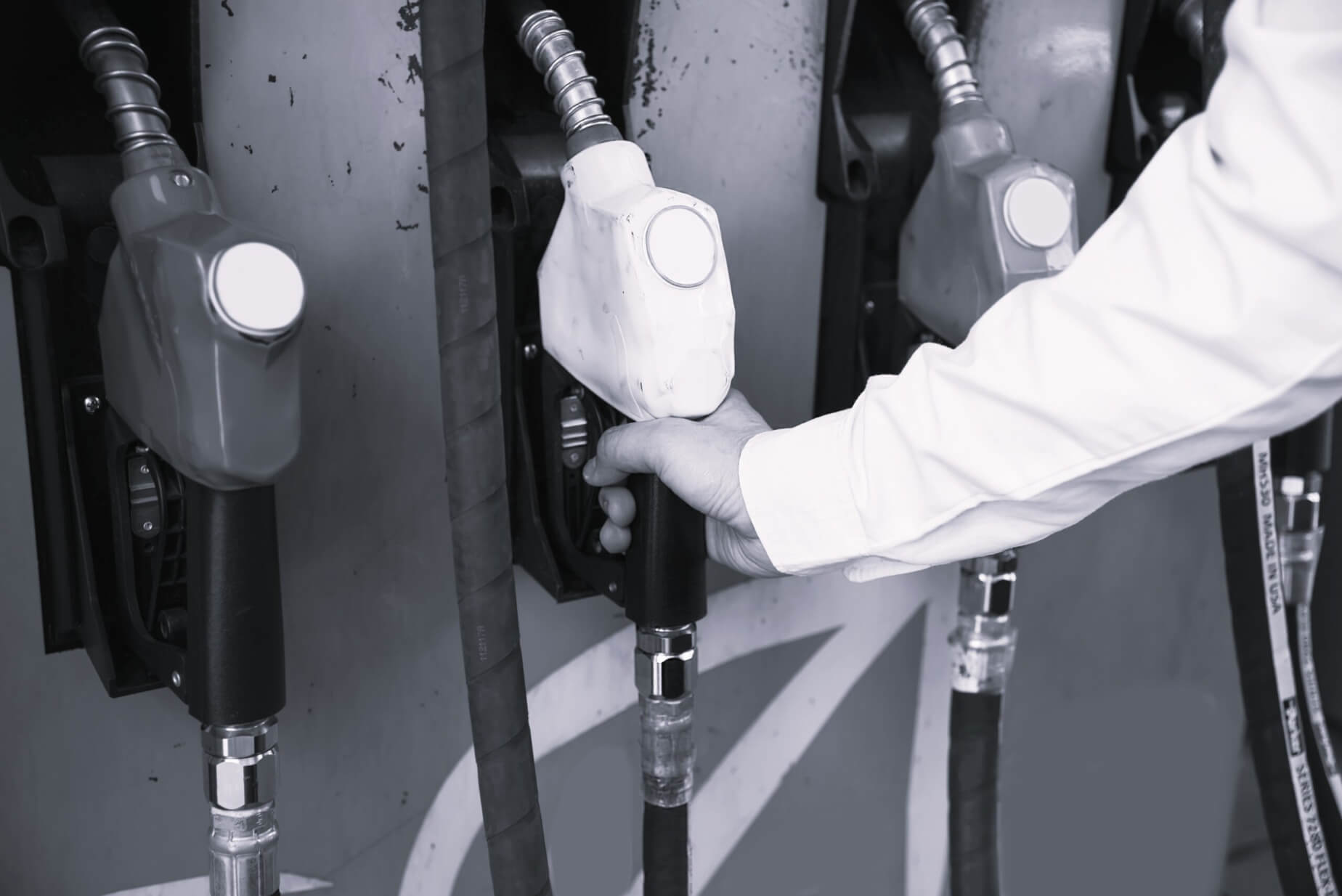Is your engine sputtering? This might be a sign that your fuel filter is failing. A test conducted by MANN+HUMMEL found that high-quality fuel filters protect modern injection systems better than low-quality ones. This selection remains crucial for every vehicle since a high-quality fuel filter blocks harmful matter from damaging your engine which is important for its health and performance.
In this post, we’ll share the symptoms of a failing fuel filter, the types of filters, top-rated picks for you, and how to choose the best one among them. We’ll also present detailed instructions about replacing the filter to maintain your engine function.

What Does a Fuel Filter Do?
A fuel filter is a fundamental component that protects engines from contamination. Through filtration, the filter extracts dirt, rust, and debris which protects both the engine from damage and improves fuel efficiency and engine lifespan.
Common Signs Your Fuel Filter Is Failing
Here are the common symptoms that indicate your vehicle’s fuel filter is failing. You might face one or many of them:
Engine Performance Issues
Engine power and smoothness will decrease when a vehicle suffers from faulty fuel filtering. When the engine fails to obtain sufficient fuel its acceleration becomes noticeably slow. Besides, difficulty starting the engine can be a sign of fuel delivery issues, often due to a clogged fuel filter.
Reduce Fuel Efficiency
When a fuel filter becomes clogged it reduces engine fuel efficiency because it blocks the pathway through which fuel reaches the engine. The engine must put extra effort into its operations which results in fewer efficient combustion reactions and causes increased fuel needs.
Unusual Noises
Strange noises can erupt from the fuel pump or engine due to a clogged fuel filter. The fuel pump may whine or grind if struggling to push fuel through, while the engine might misfire or idle roughly due to poor fuel flow.
Check Engine Light
A dirty fuel filter can trigger the “Check Engine” light by causing fuel delivery issues. If the engine detects irregular fuel pressure or flow, it signals a problem that needs examination.
Engine Stalls or Misfires
Failure of the fuel filter system interrupts the fuel supply, causing the engine to stall its operation or misfire. When a vehicle lacks sufficient fuel during driving, the combustion process becomes incomplete thus causing power reductions and hesitations.
Different Types of Fuel Filters
There are numerous types of fuel filters used in vehicles. Still wondering on what fuel filter do I need? Here are 4 most commonly used ones with their pros and cons:
In-line Fuel Filters
Modern and older vehicles implement in-line fuel filters which are installed between the fuel tank and the engine to stop dirt and rust contaminants. These filters have basic functionality, straightforward installation features, and budget-friendly prices. However, their filtration capabilities are not equivalent to those of other types and they present accessibility challenges in particular vehicles.
Cartridge Fuel Filters
Fuel cartridge filters serve as the main filtration systems for diesel-engine vehicles in modern automobiles. They consist of a replaceable filter housed within a plastic or metal container installed in the engine compartment. Out of all filtering solutions, these devices do the best job of catching small particles and causing little environmental harm. However, their replacement procedure is less straightforward than that of in-line filters.
Spin-on Fuel Filters
Trucks and heavy-duty automobiles utilize spin-on fuel filters which have a similar installation to oil filters. These filters are replaced easily and deliver excellent filtration performance. Though they come with higher costs and take up more area when compared to in-line filters.
Diesel Fuel Filters
Removing water from diesel fuel requires diesel fuel filters because water remains a standard pollutant from both condensation and biodiesel. These filters rely on water separators to defend injection systems and pumps. Engine protection and strong filtration are benefits of these filters yet their cost increases along with required maintenance.
How to Choose the Best Fuel Filter For Your Vehicle?
Choosing an appropriate fuel filter is an essential factor that affects engine performance in vehicles. Your search for the best fuel filter requires an assessment of these main factors:
Compatibility With Your Vehicle
The wrong filter can reduce fuel flow and cause engine issues. Therefore, select a fuel filter that fits your vehicle for its proper performance. For this, vehicle owners should consult their owner’s manual to find the correct part number or obtain assistance from mechanics or auto parts stores to locate it.
Filtration Efficiency and Micron Rating
Micron ratings show the particle size a fuel filter can block. A fuel filter with a lower micron rating indicates more accurate particle filtration, like a 10-micron filter that can trap particles of 10 microns or those exceeding it. The optimal fuel filter for fuel-injected vehicles must have a finer mesh at 10 microns or lower and carbureted engines can operate well with a 40 microns filter.
Fuel Type (Gasoline vs. Diesel)
The selection of gasoline or diesel fuel filters depends on the type of engine you have because using improper filters leads to performance issues. Gasoline filters extract small particles from the fuel and diesel filters extract particles along with separating water molecules. Problems within your engine can arise from using an improper filter, so make sure to match your selected filter to your fuel type.
Brand Reputation and Quality
Using a reliable known brand guarantees customers will get a premium fuel filter. You can choose from the range of fuel filters produced by Bosch, Wix, and ACDelco since these brands provide dependable filtration alongside long service life.
Ease of Installation and Maintenance
DIY individuals should opt for fuel filters that require minimal installation work because it saves their time and effort. Filters with clear instructions and simple access also make maintenance easier, keeping your vehicle in good shape.
Our Top Picks For the Best Fuel Filters in 2025
The best fuel filters of 2025 from the latest brands are presented within this list. Pick an option based on your engine, type, vehicle, or budget:
Bosch 0450906457 In-Line Fuel Filter
The Bosch 0450906457 functions as a durable gasoline and high-efficiency fuel filter for vehicles. Its strong build handles daily use while keeping fuel clean. Quality filtration is the strength Bosch fuel filter is known for which enables dependable engine performance.

K&N PF-2200 Fuel Filter
Designed for performance vehicles the K&N PF-2200 represents a fuel filter with high-flow capability. This product delivers outstanding fuel demand support that suits users who want engine performance improvements. Enthusiasts can rely on K&N fuel filters for their quality because they provide superior fuel flow to improve engine efficiency.

Fram G3727 Fuel Filter
The Fram G3727 is a budget-friendly, reliable fuel filter that’s easy to install. It functions well and comes at a low price. If you need an affordable yet reliable fuel filter solution then Fram stands as your trustworthy option.

ACDelco TP3018 Diesel Fuel Filter
ACDelco TP3018 fuel filter performs water separation for diesel engines. The engine stays safe because this filter eliminates both contaminants and water from the fuel. Reliable performance is a trademark of ACDelco products which makes this filter a preferred choice for diesel vehicle owners.

Motorcraft FD-4615 Fuel Filter
Designed specifically for Ford trucks and SUVs the Motorcraft FD-4615 brings quality filtration that delivers smooth operation. Being an original equipment manufacturer product the component guarantees flawless fit for vehicles with dependable operation thus becoming the top preference of Ford vehicle owners.

How to Replace Your Fuel Filter?
Signs pointing to fuel filter failure indicate you must perform a replacement. But you need to know the right method for fuel filter replacement to prevent safety incidents while working. The following guide provides information about how to change fuel filter along with the necessary tools needed for replacement. You also need to know the correct location of the filter. Here’s how to replace a fuel filter step-by-step:
Important Tools and Safety Equipment
Tools Needed:
- Adjustable wrench and socket wrench.
- Flathead and Phillips screwdrivers.
- Needle-nose pliers (recommended).
- Fuel line disconnect tool (if required).
Safety Gear:
- Gloves to protect your hands from fuel.
- Eye protection to prevent splashes.
- Rags or absorbent cloths for cleanup.
- Drain pan to catch any spilled fuel.
Locate the Fuel Filter
A fuel filter’s placement depends on the specific design of each vehicle model. The fuel filter in older car models can be located beneath the vehicle following the fuel line and near the fuel tank.
Some vehicles have it mounted directly on or near the fuel tank. Current vehicles typically position the fuel filter within the engine bay next to the fuel rail that’s running toward the engine near the fuel line. Online repair guides and your car’s owner manual can provide precise information about your vehicle’s fuel filter position.
Replace the Fuel Filter
Step 1: The first procedure requires disabling the fuel pump through fuse removal. Then start the engine until it stalls. Afterward, switch off the ignition and restore the fuse.
Step 2: Next, to avoid electrical problems remove the negative terminal. Then, check your manual or use the earlier location tips to find the fuel filter.
Step 3: Drop a drain pan directly beneath the filter before you start to gather any fuel spillage. A fuel line tool can be used to carefully detach clips and fittings after placement of the drain pan.
Step 4: You must first separate mounting brackets along with screws from the filter before sliding it out.
Step 5: Install the new filter. Make sure to select a replacement of similar size then put it into the bracket properly before screwing it securely.
Step 6: The next procedure entails firmly attaching both fuel lines before installing new clips and fittings.
Step 7: Afterward, test the system by reconnecting the battery for testing purposes. Then, engage the ignition to “ON” while keeping it from starting to build pressure within the system.
Step 8: Check for leaks. For this, start the engine after installing the new filter and keep it running for proper operation.
Choose the Right Fuel Filter and Quality Fuel For Maximum Engine Performance
Clean fuel filters help your vehicle operate more efficiently and prolong the lifespan of its engine system. Therefore, examine your vehicle whenever the fuel filter becomes clogged or damaged. Otherwise, it might result in engine sputtering, fuel efficiency drops, and strange noises from the engine.
The quality of fuel you choose has a similar importance to seeking a premium fuel filter. Your filter will develop deterioration when exposed to substandard fuel which subsequently reduces fuel efficiency and hinders its ability to flow properly. Thus, the best way to obtain premium fuel delivery is through Fuel Logic.
Our organization offers nationwide delivery of diesel, gasoline, and DEF to fleets, bulk tanks, trailers, and machinery. Moreover, we provide competitive wholesale fuel prices for simple fuel management. Call us for custom fuel plans to save money and boost your fleet’s efficiency or order fuel now from Fuel Logic, and we’ll deliver anytime, anywhere!
FAQs
1. How often should I replace my fuel filter?
Your vehicle usage together with its makeup determines how frequently you need to change your fuel filter. The lifespan of most fuel filters spans between twenty thousand to thirty thousand miles, but new generation models can reach sixty thousand miles before needing replacement. Your owner’s manual can also provide specific guidance regarding fuel filter replacement.
2. Can a dirty fuel filter cause engine damage?
Your engine will suffer damage because of a blocked fuel filter that limits fuel movement and produces multiple performance issues from engine decline to full engine failure. Contaminants that get through a fuel filter can also result in damage to fuel injectors together and other vehicle parts.
3. How much does it cost to replace a fuel filter?
The expenditure for a new fuel filter can fluctuate depending on vehicle type and labor rates in your area. But on average, professional replacement costs $50-$150, including parts and labor. Whereas doing it yourself can cost $10-$50 for the filter alone.
4. Is it safe to replace my fuel filter myself?
Yes. A successful fuel filter replacement can be carried out by anyone who possesses proper tools and can follow secure procedures. Start by removing fuel pressure and put on gloves with protective eye gear when changing a fuel filter. Also, pick an area with adequate ventilation and contact a mechanic whenever you feel uncertain about the task.
5. What is a bad fuel filter?
A fuel filter malfunction manifests through various symptoms. You can face difficult engine starting and sputtering, engine misfires, diminished power output, stalling events, rough engine idle, and distinctive fuel pump sounds.






